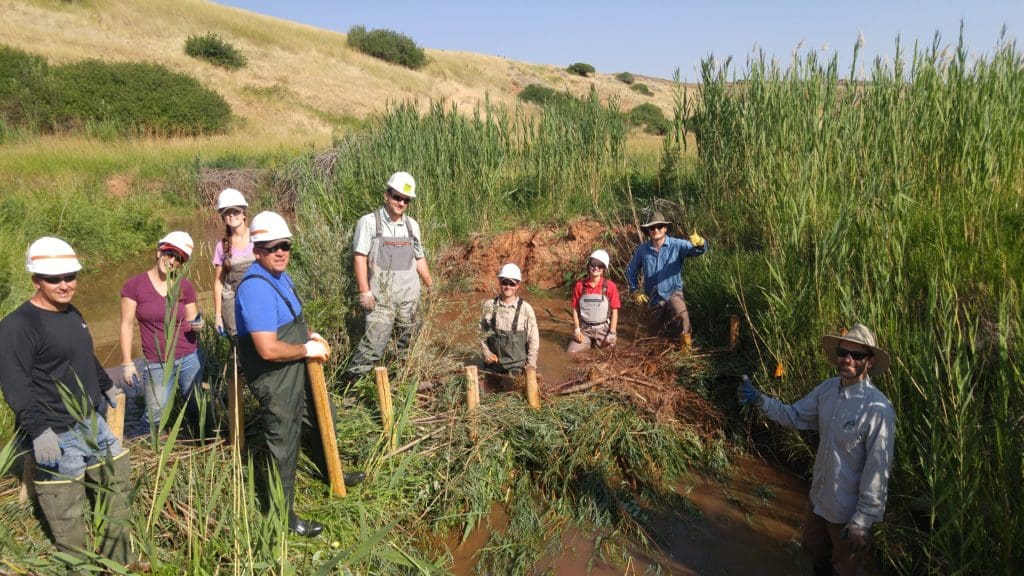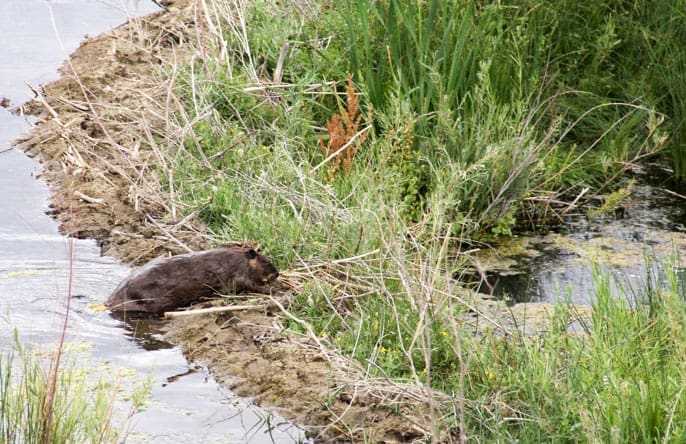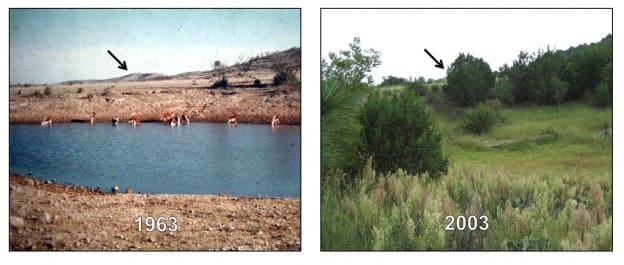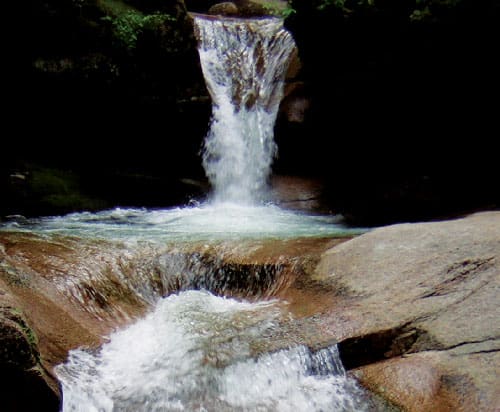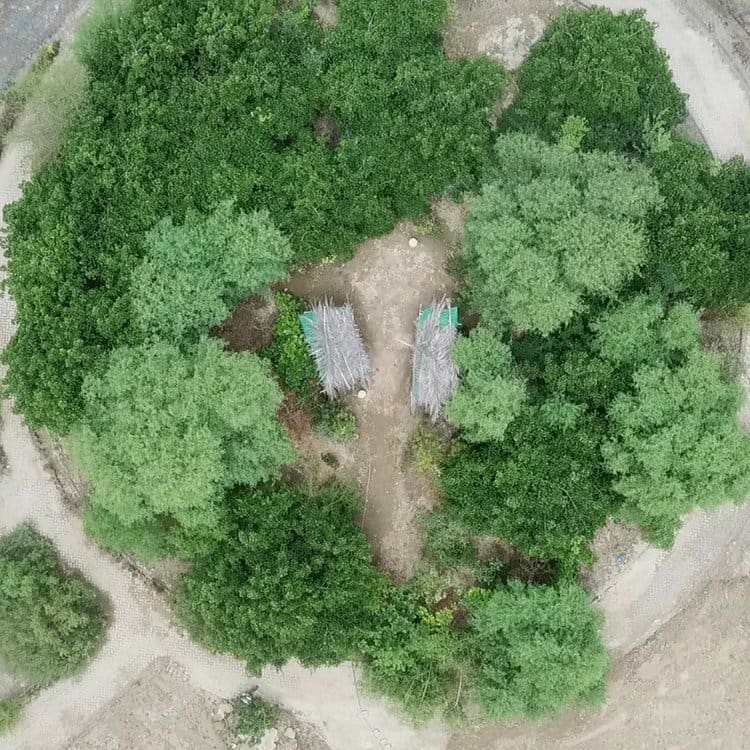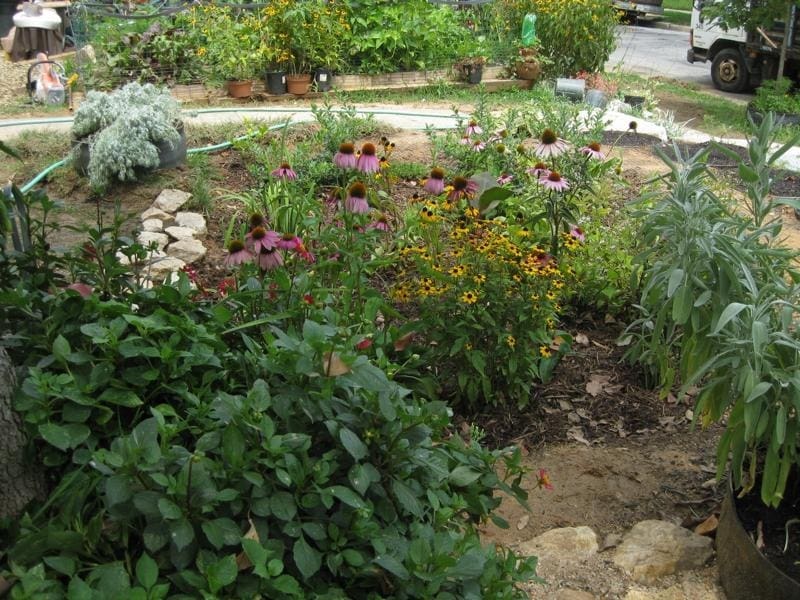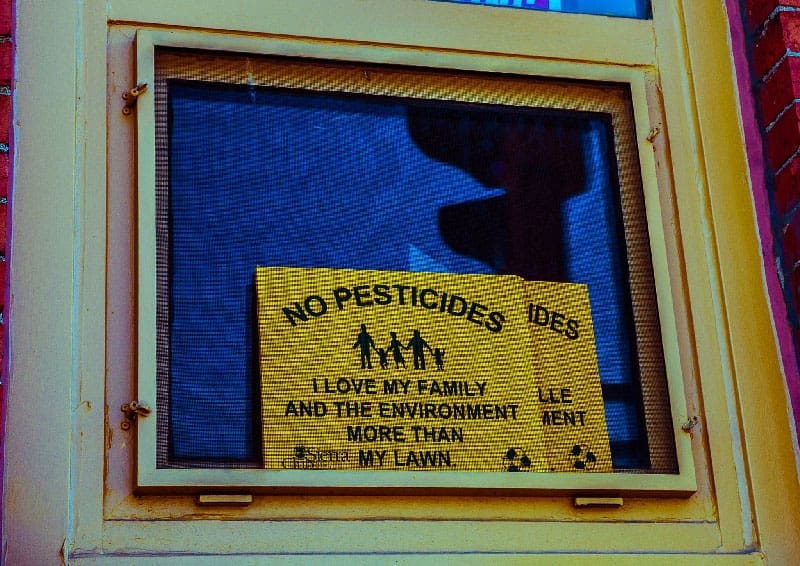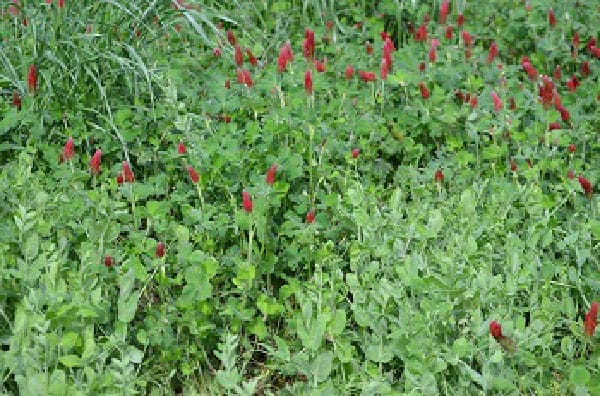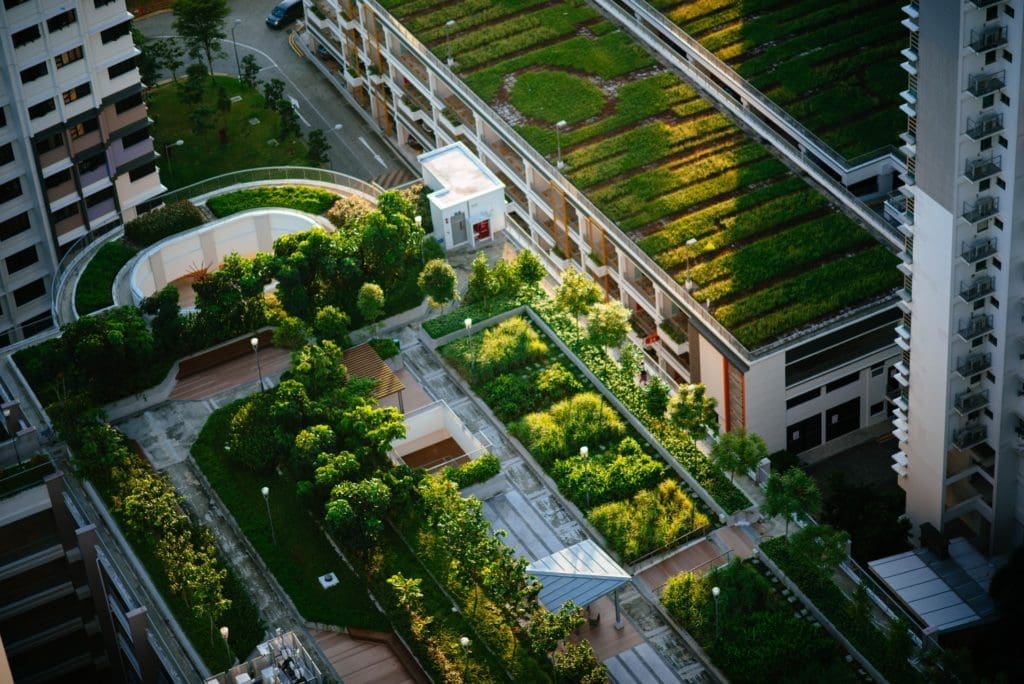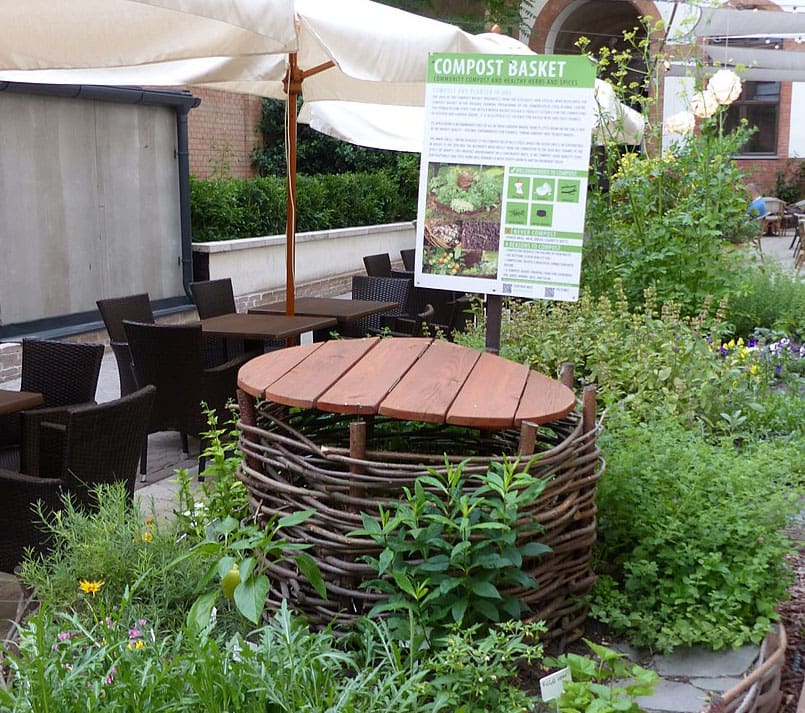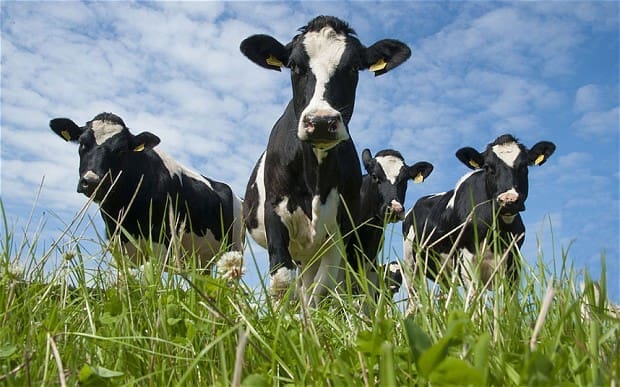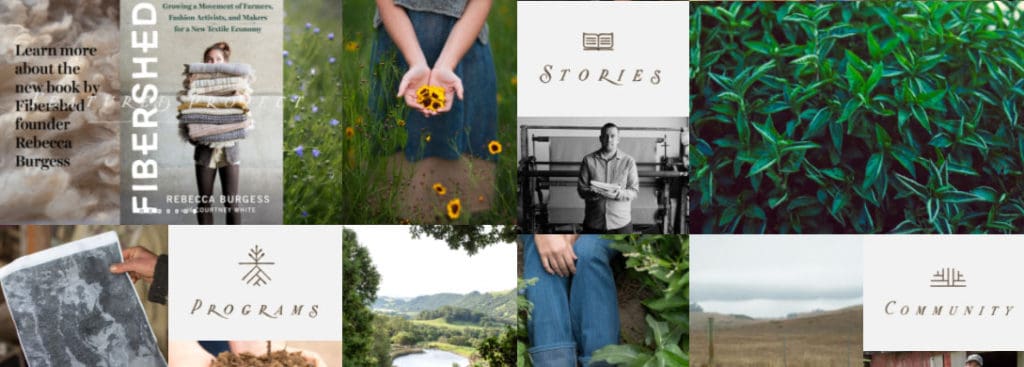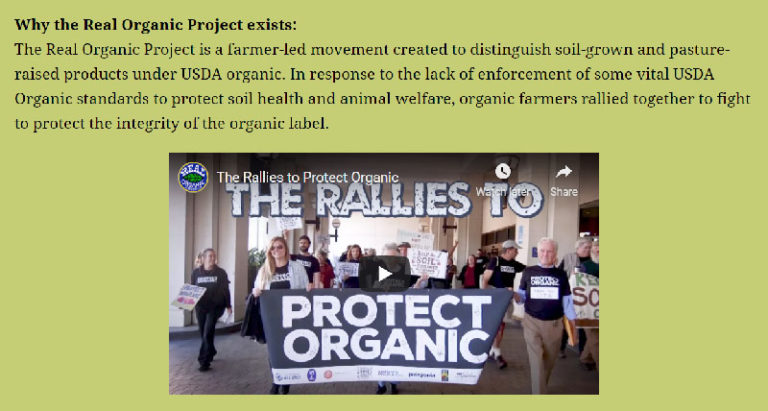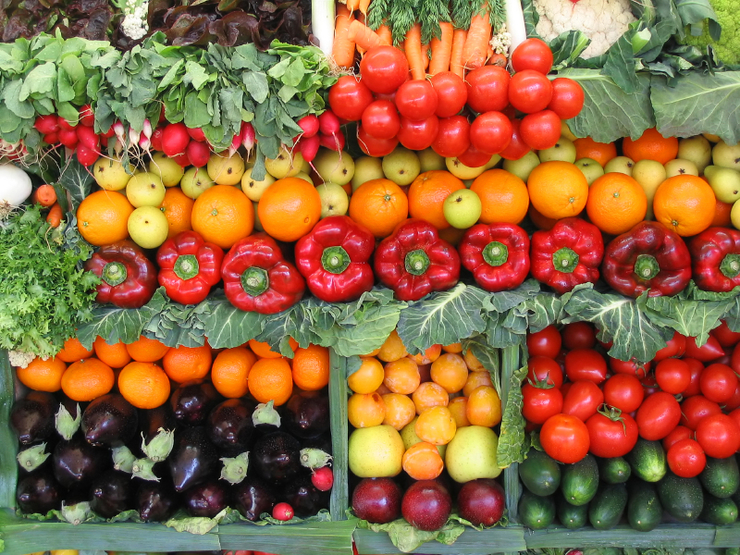Here’s a summary of Bio4Climate’s collaborations on building the foundation for regenerative land management into state law.
Solutions
Riparian Restoration
Free restoration manual explains effective & inexpensive low-tech methods for improving streams from the Sagebrush Grouse Initiative.
Biochar
Biocharis a special charcoal product made from the slow burning of vegetable matter in a very low-oxygen environment to create almost pure carbon that, when buried in soils, provides many benefits for biodiversity and plant, soil health and human health. It has many tiny pores that store nutrients, water, microbes, and carbon captured from the atmosphere for hundreds or thousands of years, thus helping to address global warming. In this scanning electron microscope image, fungal threads are attaching to the biochar. See How Biochar Helps the Soil.
Soil Carbon Cowboys
Soil Carbon Cowboys is an entertaining twelve-minute video that clearly explains how three ranchers moved away from chemical-based ranching to holistic management and dramatically increased the soil carbon content and water-holding capabilities of their pastures – as well as the profitability of their operations and the time to spend with their families.
Beavers, the Master Water Engineers
Climate Restoration Solutions – Leave it to Beavers! Learn how beavers can help restore wetlands, which have one of the greatest potentials to restore habitats and sequester carbon. Check out Eager! by Ben Goldfarb.
Can Cows Save The Planet?
Holistic Management and Planned Grazing. Grasslands and grazing animals co-evolved over 50 million years. Good management of grasslands and grazing animals the way nature does it – constantly moving in tight herds rather than confined by fences – restores biodiversity, healthy water cycles, cools the biosphere and provides food and fiber to millions of people. Holistic Planned Grazing can turn a desert green again (left). A good introduction is Judith Schwartz’s landmark book, Cows Save the Planet.
Water, Water, Everywhere We Want It
Restoring Water Cycles to Cool the Biosphere. View the videos from our Fall 2015 conference at Tufts University and learn more about how easy, low-tech regeneration of local water cycles can reverse global warming and change the world.
Bring Biodiversity and Lower Temperatures to Your Town
Set up biodiverse “pocket parks” and rain gardens. Pocket parks and rain gardens capture rainwater and allow for better water infiltration into soils, and increase soil health and groundwater recharge. Grow an inexpensive Miyawaki Forest in your urban habitat (shown: Clifton Park in Karachi), with native plants, pollinators and biodiverse animal life. If there’s not much space, you can start with as little as 1,000 square feet (around six parking spaces).
Spread The Word
Educate your Neighbors. Host a talk at the library or local coffee shop on the vital importance of wetlands, grasslands, and forest ecosystems.
Work with local schools. Incorporate lessons relating to organic gardening, urban forestry, wetlands, green infrastructure, and healthy soils. Improve children’s wellbeing.
Cool Your Communities, Protect All Creatures (Including Us!)
Support and participate in community-driven programs for green initiatives. Work with your community to increase urban trees and vegetation to create an expanded urban tree cover, which is vital for cooling cities, managing water, improving air quality, and decreasing stress. And did you know asphalt heats up faster than bare ground? Depaving has a number of benefits including decreasing water pollution, increasing green space and thereby cooling surrounding areas, improving air quality, and reducing flooding. Install permeable pavers. These are made up of a layer of concrete or fired clay brick. The pavers are separated by joints filled with crushed aggregate. Rainwater passes around the paver and percolates into the ground, thereby recharging groundwater.
Water Is Life
Keep water on your property. Install rain barrels, rain gardens, and gray water systems.
How to Help Your Soils
Build soil health by using soil amendments, such as high-quality biochar, compost, and compost tea. Biochar, for example, improves water and nutrient retention, plant growth, and can store carbon underground for centuries. Composting feeds soil life by recycling nutrients for essential biodiverse microbial life. The Earth has been doing this for millions of years, our efforts can accelerate recovery many times over.
Revive Dead and Dying Lawns
Collective de-lawning. Most lawns are difficult to manage and do not allow for adequate water infiltration and carbon sequestration. Replacing turf grass with native grasses and plants would reduce the need for fertilizers and bring back critical functions of the soil.
No Bare Soils – Ever!
Keep soils covered with plants – don’t let your soils go bare! Plant multi-species cover crops and native plants, including plants that attract pollinators or provide habitat for beneficial insects. This allows for cooling and also helps in carbon sequestration.
Bring Life To Your Neighborhood
Green your Infrastructure. Transform your roof or balcony into a “green roof.” Lobby your town to support green roofs on new construction. Utilize green infrastructure to collect and infiltrate stormwater into the soils. Your neighborhood will soon be very cool!
Composting
Composting. Collect all plant-based food waste for outdoor compost piles or consider signing up with a compost service company. You could also make a worm bin and let worms turn your food and paper scraps into rich food for your garden to help feed your family, friends, and other hungry people. You can compost even in a small kitchen and keep food waste out of our overfilled landfills.
Regenerative Practices
Support Regenerative Farms, Ranches, and Food Forests
Regenerative Farming provides for a number of environmental and health benefits. By eliminating toxics and focusing on revitalizing soils, regenerative farming increases water infiltration and biodiversity activity, producing food that is rich in nutrients and vitamins.
Clothing For Life
Buy clothing made of wool from regeneratively-raised sheep, or organic cotton or hemp. Strong, and comfortable fibers that will keep you warm or cool for a very long time from animals and plants that are well-taken care of – and happy!
Keep Organic Standards High
USDA organic standards have been seriously weakened over the past decade. Organizations like the Real Organic Project encourage consumers to inquire about how their USDA organic food is grown. A higher demand for organic and to know how the food is grown will incentivize stores to find out more and bring real organic to the stores.
Invest In Health
Demand Organic Food from your market/Inquire and Invest in Real Organic. Yes, high-quality food costs a bit more, and unfortunately not everyone can afford it – but if you possibly can, even as part of your diet, consider what you may gain by maintaining optimal health. Buy organic 100% grass-fed beef/dairy products and free range/pastured poultry and eggs (preferably local) if you’re an omnivore, or transition to an organic plant-based diet. Support local farmers as much as possible – and get to know them too. They’re smart and wonderful hard-working people, take pride in their work, and will be happy to answer your questions about their practices and products.
Farmers Markets and CSAs
Support Farmers directly through Farmer’s market and CSAs (Community Supported Agriculture). Farmer’s market and CSAs have gained popularity across the United States. They allow for easy access to fresh produce, and help establish a personal relationship between the farmer and consumer. Find a Farmer’s market near you through the USDA local food directory.


